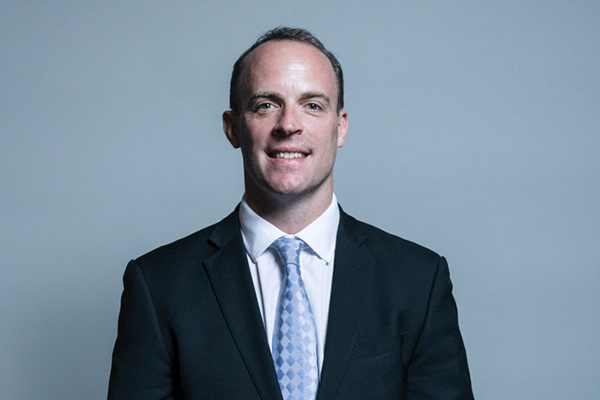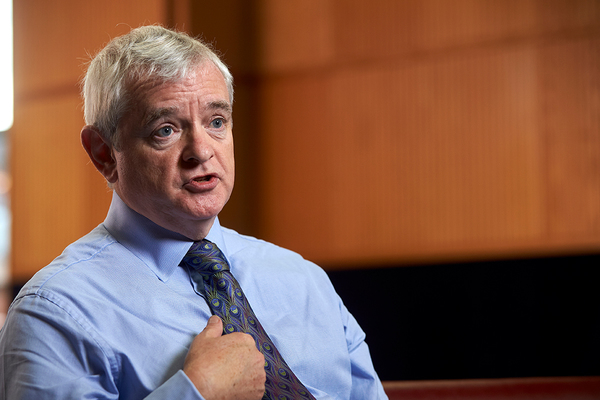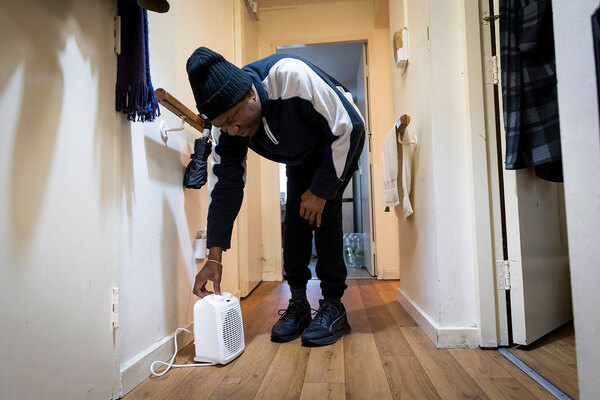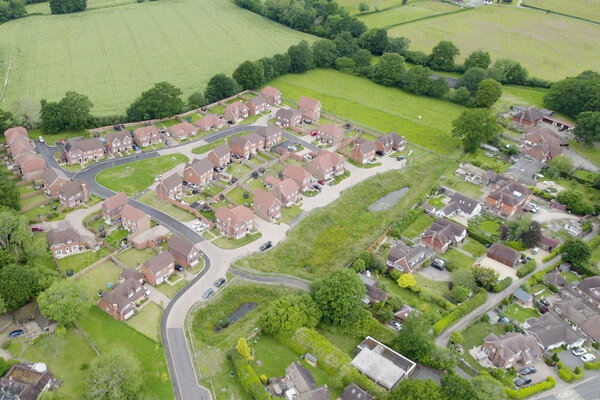You are viewing 1 of your 1 free articles
Borrowing cap should be abolished, says Treasury Committee
Ministers must abolish the Housing Revenue Account borrowing cap imposed on councils to achieve the government’s 300,000-a-year housebuilding target, an influential committee of MPs has said.
A report released today by the cross-party Treasury Committee has scrutinised measures unveiled by chancellor Philip Hammond at the Autumn Budget.
Mr Hammond announced a raft of housing measures, including an extra £1bn of borrowing headroom for local authorities in areas of “high affordability pressure”.
But the committee’s report – which was unanimously agreed by its members – says the government needs to show “greater commitment to housing supply” and that housebuilding ambitions are unlikely to be met without a surge in council and housing association development.
“The increase in the cap on borrowing for local authorities to build homes is a step in the right direction, but it doesn’t go far enough,” said Nicky Morgan, chair of the Treasury Committee and a former Conservative cabinet minister.
“The borrowing cap restricts the number of homes that local authorities could deliver. To achieve the government target of 300,000 new homes per year, the cap should be abolished. The potential of local authorities to build should be unleashed.”
Lifting the borrowing cap would have “no material impact on the national debt, but could result in a substantial increase in the supply of housing”, the report adds.
And it argues that the £1bn flexibility already announced “may not direct resources to areas of greatest housing need”, calling for clearer criteria on how the headroom will be allocated.
In October last year – before the Autumn Budget – the government resisted calls from the Communities and Local Government Select Committee to raise the Housing Revenue Account borrowing cap.
Lord Gary Porter, chair of the Local Government Association, welcomed the Treasury Committee’s recommendation.
“This is significant recognition of our central argument about the vital role councils must play in solving our housing shortage,” he said.
The committee was also sceptical about Mr Hammond’s decision to abolish stamp duty on homes under £300,000.
Its report says the move is likely to push up housing prices for first-time buyers by at least as much as the amount they will save.













